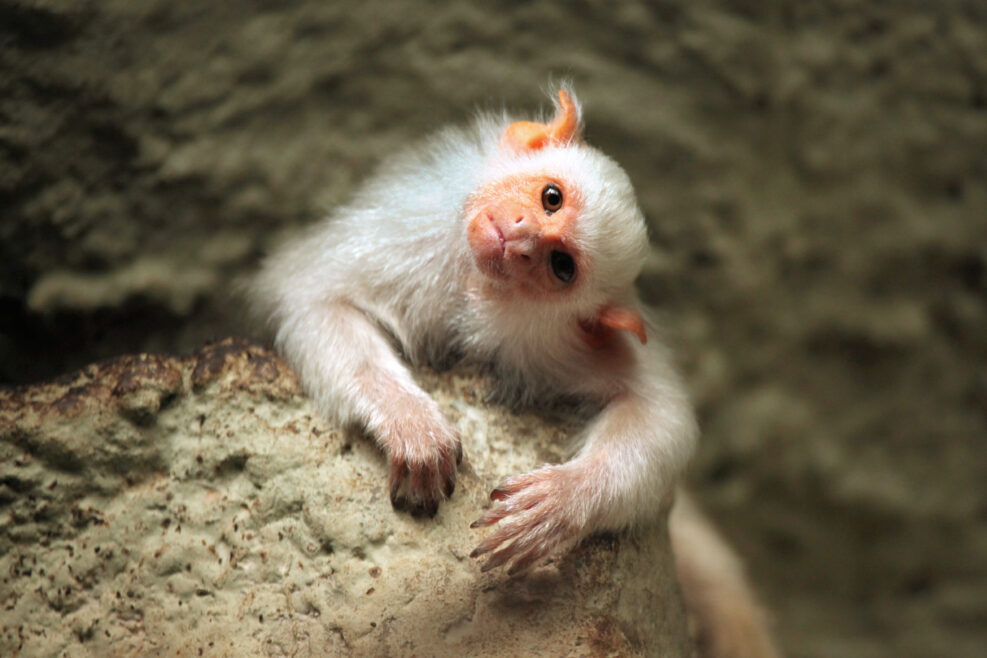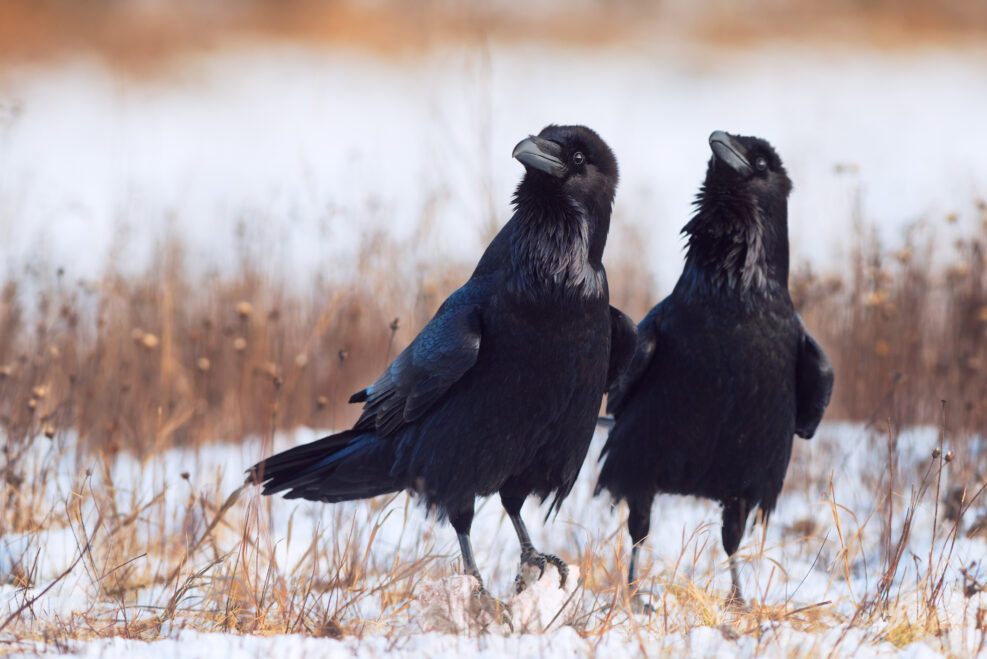
Why Do Researchers Wonder Whether Animals Have Personalities?
Every friend of dogs, cats, or birds knows what some researchers struggle to prove. Let’s take a look at what they foundRecently, a research team announced that marmosets — small highly social New World monkeys — display personality traits, whether they are wild or captive: Some individuals were fast to approach any novelty, while others were more careful; hereby showing a similar pattern to humans: for instance, some humans enjoy trying out new restaurants, whereas others prefer to eat in their favorite restaurant. What is more interesting, when comparing personality traits of monkeys in Austria across four years, the authors found that these monkeys are quite consistent in their personality traits (e.g., those that are explorative when they are younger, stay similarly explorative four years afterwards). University of Vienna, “Marmoset Monkeys Have Personalities Too” at Neuroscience News The paper is open Read More ›



